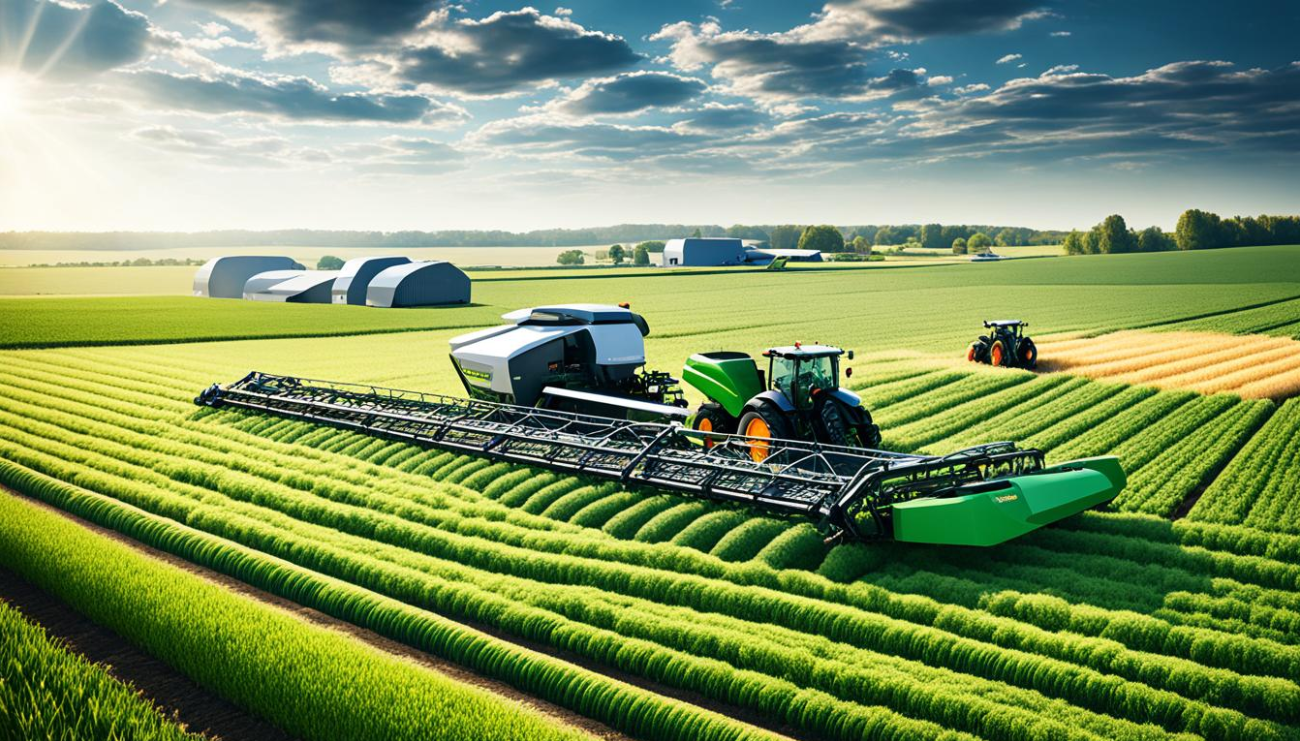Innovation, Green Transition, and Training: Can Your Future Be in Agriculture?
By 2035, the agricultural sector will generate nearly 310,000 job opportunities due to retirements alone. Training in technological skills and efficient farming will be critical to meeting this demand.
Breaking Stereotypes
Despite being vital for society, agriculture is often seen as outdated and unattractive. However, innovation and sustainability are redefining this sector. According to the United Nations, agriculture accounts for about 30% of global energy use and 22% of greenhouse gas emissions. This highlights the need for professionals with knowledge in sustainable resource management, aligning with the EU’s Green Deal and the “Farm to Fork” strategy.
Mónica Moso, head of CaixaBank Dualiza’s Knowledge and Innovation Center, emphasizes the importance of digital and green skills, such as managing energy-efficient tools and monitoring sustainable practices. To raise awareness, CaixaBank Dualiza and Spain’s Ministry of Agriculture have launched a campaign showcasing success stories, like that of Ferrán Fernández, a young professional whose life was transformed by vocational training (FP).
A Path to Success
Ferrán, now an expert in agricultural technology (agrotech), discovered his passion through an FP program in agricultural operations. This led him to further studies, including a degree in agricultural engineering, a master’s in physics, and a Ph.D. in progress. His work focuses on predictive models for water-efficient farming, using tools like sensors, drones, and artificial intelligence.
Training: The Key to the Future
Currently, 64.8% of agricultural workers in Spain have only a basic education. This lack of formal training limits innovation and growth in the sector. Vocational training programs are essential for equipping workers with the skills needed to adopt new technologies and improve efficiency.
Programs such as Advanced FP in Forestry Management and Livestock Health Assistance offer promising career prospects, while university graduates in agriculture and veterinary sciences also enjoy high employment rates.
Bridging the Gender Gap
The sector faces a significant gender imbalance, with 72% of workers being men. Addressing this issue, alongside enhancing technological integration, will be crucial for the sector’s long-term growth and sustainability.
Agriculture is evolving, offering exciting opportunities for skilled professionals. With the right training and a focus on innovation, the sector can attract new talent and overcome its challenges.
